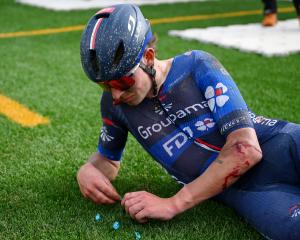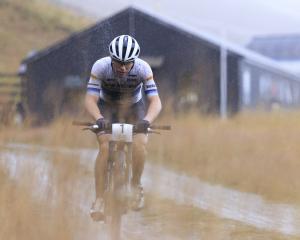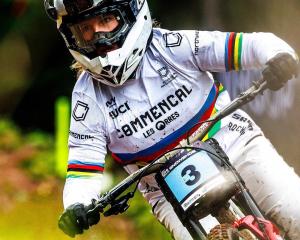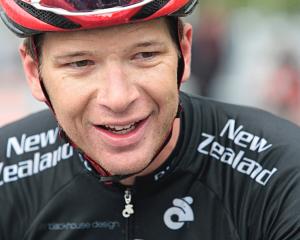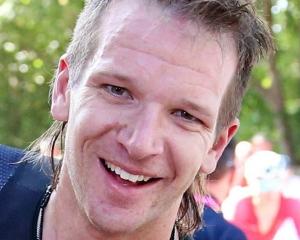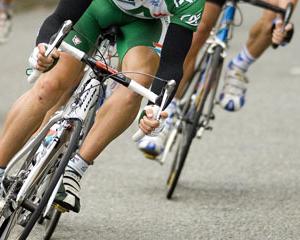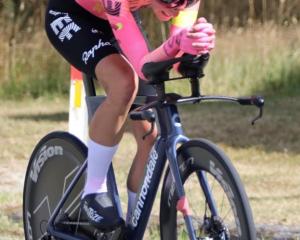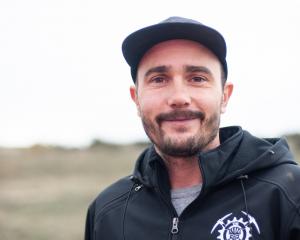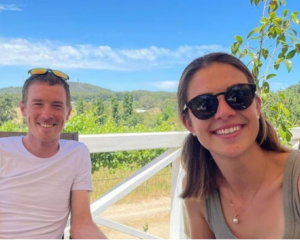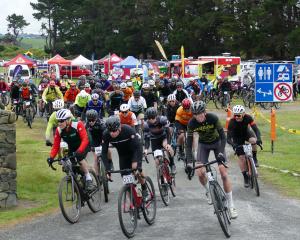Sports administrators need to be vigilant. The dethroning of cyclist Lance Armstrong has not ended the war against drugs in sport.
That is the view of Professor John Hoberman, who has studied and lectured on sports doping for the last 30 years.
The Professor of Germanic Studies at the University of Texas recently gave an open lecture at the University of Otago School of Physical Education in Dunedin.
''I have studied Lance Armstrong for the last 10 years and thought that his teflon coating would last longer than me,'' Hoberman said.
Armstrong is now suffering the consequences of his prolonged drug-taking and has been banned from competing in triathlon and swimming events.
Last week, he was banned by Fina from competing in a masters swimming race in the United States.
In 2005, SCA Promotions hired Hoberman (68) as a consultant for a lawsuit against Armstrong, claiming the cyclist should not get a $US5 million ($NZ5.8 million) Tour de France performance bonus.
Hoberman was contracted to write a report on the history of doping on the tour. His 28-page report examined the cyclists who reached the podium on the tour from 1961 to 1998.
''I was surprised to learn that nearly two-thirds of the top three [podium] riders had been confirmed or implicated in doping,'' Hoberman said.
There was a crisis for the International Cycling Union (UCI) in 1998 when the Festina affair almost destroyed that year's Tour de France. Doping products were found in a car used by the Festina team, and other doping scandals surrounded that tour.
The World Anti Doping Agency was formed to combat drug cheats as a result of the Festina scandal. But it was not able to immediately change the approach of the UCI.
''They didn't take down Lance Armstrong,'' Hoberman said.
''The years 1999 to 2005 were the golden age of doping in world cycling. All the cyclists during that time were tested by the UCI.
''Armstrong's calculated lying had been accepted by the media but it was not too hard to know that he had cheated and taken drugs once you had done the research.''
Armstrong finally admitted taking drugs in his television confession to Oprah Winfrey on television in January.
''The last ducks have fallen and he admitted testing positive,'' Hoberman said.
''I couldn't detect any contrition on television.
''This man had been an icon for a decade and was crunched to dust overnight. He met all the criteria of being a psychopath.
''He was a stunted version of a human. Why was this hollow man worshipped so much?''Sports doping has been one of the greatest soap operas on earth but the cost of the entertainment pay-off has just been too high.''
Hoberman said today's elite athletes were prepared to give up their privacy in order to get an even playing field.
''Elite athletes are being treated as suspects who can't be trusted,'' Hoberman said.
The exposure of Armstrong had put every elite athlete under the microscope and every top performance was questioned.

